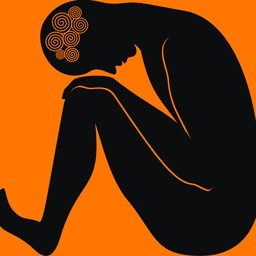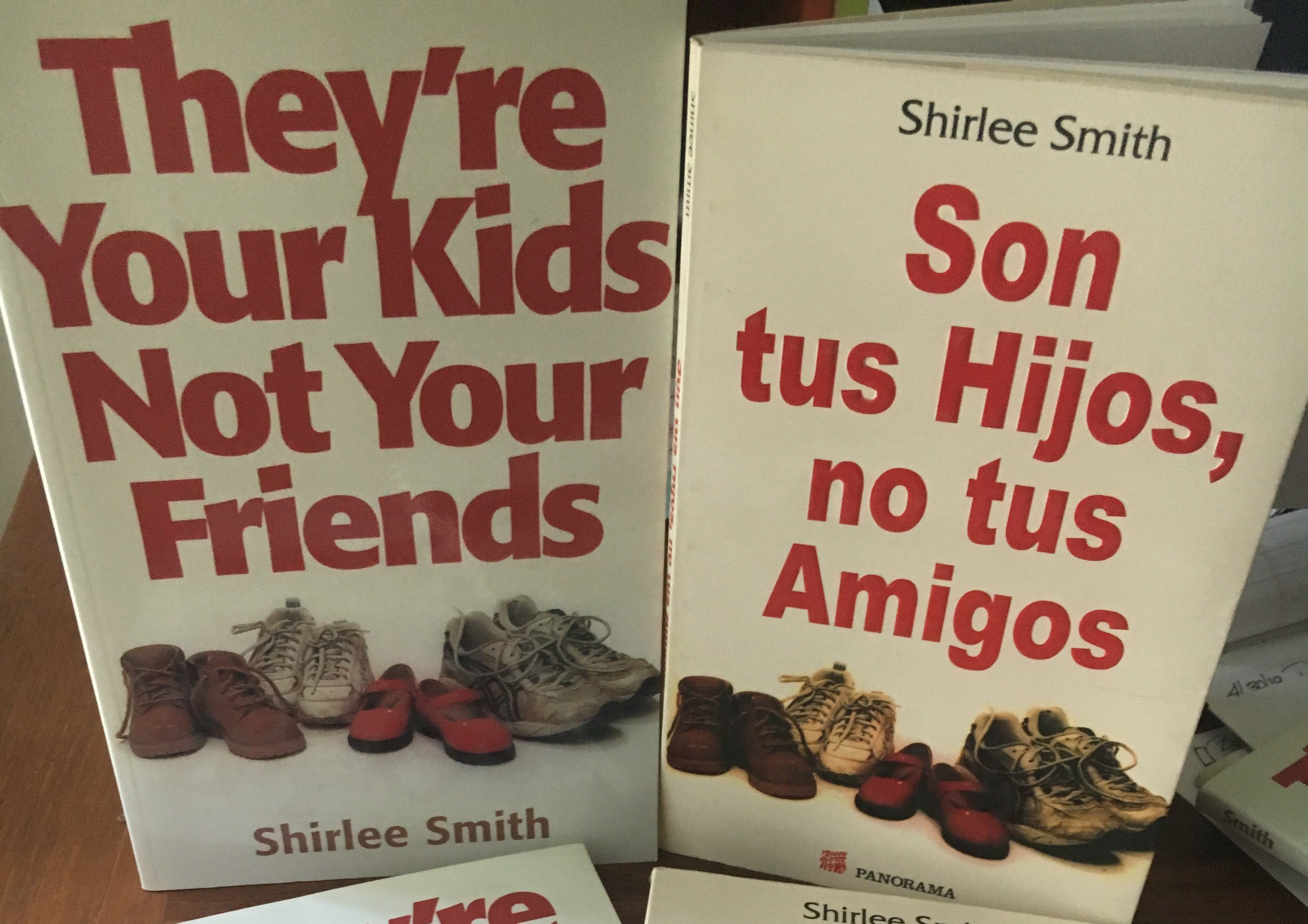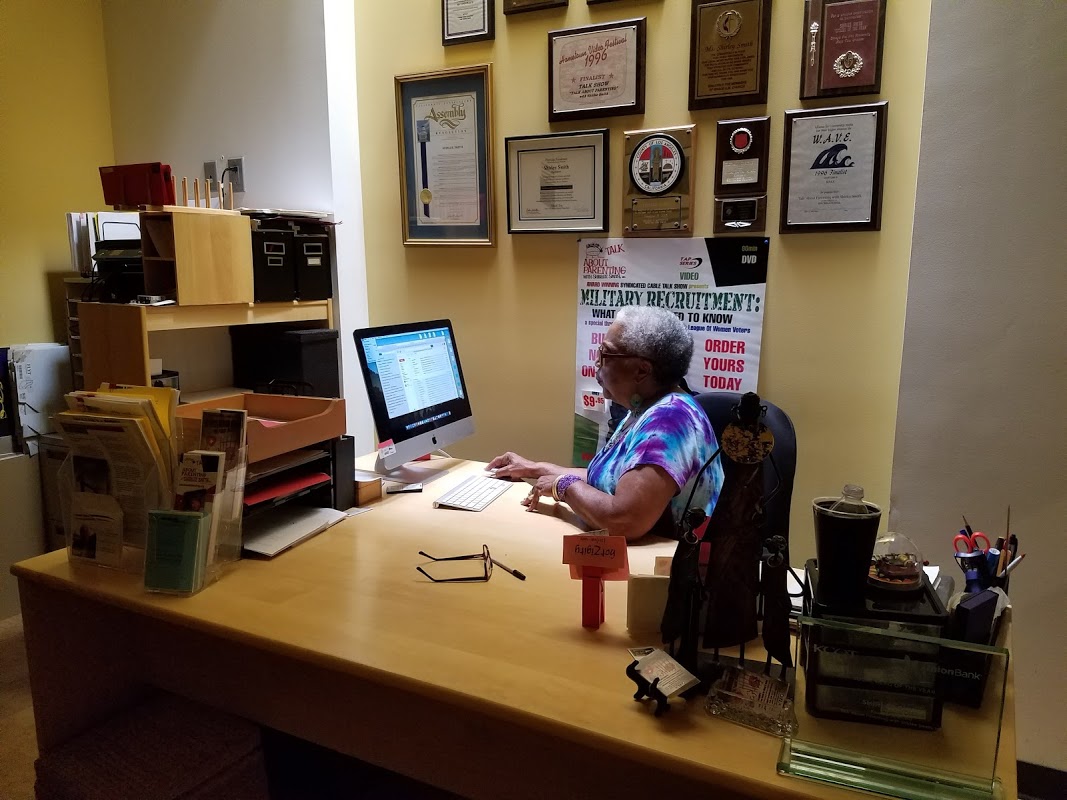
The Ability To Breath is Not Promised
Asthma kills,” said the doctor with a slow, deliberate, steadfast and extremely serious gaze in his eyes that were staring directly into mine. He never blinked.
“No,” she declared with a large dose of certainty and a stronger dose of I-know-what-I’m-experiencing, and then she went on to talk about the friend she’d been hanging with who had both a cold and a cough.
But in the wee morning hours, as it always seems to happen according to my experiences over the past 21 years of living with an asthmatic child, the clogged airways spoke for themselves and trumped the “I’m all right” pretend game.
She’s home now, alive and well. She knows having the ability to breathe is not promised. She knows she was about to die. What neither of us seemed to know, as it applied to us, was that asthma kills.
After 12 days in intensive care with a collapsed lung and a tube inserted into the upper lung to remove clouds of mucus, oxygen mask/tubes, other tubes, steroids and other medication, Brandi has gained an appreciation for life.
After discharge, at her follow-up appointment, when the pulmonary doctor let her know they weren’t sure she was going to make it, she acknowledged her own belief that death was lurking at her bedside.
It’s young people who generally die from asthma because, said Brandi’s doctor, they don’t pay attention to early symptoms, as do asthma patients who are older.
According to the Asthma and Allergy Foundation of America, there are more than 3,300 deaths due to asthma each year, and women account for nearly 65% of asthma deaths.
Also, blacks are three times as likely to die from asthma than any other ethnic group and black women have the highest asthma mortality rate of all groups.
Once Brandi’s diagnosis of pneumothorax was introduced to us and the breathing treatments began in the hospital, Brandi had a job to do — cough. She said it hurt. I didn’t care. All day I sent her text messages that said one thing — cough.
This blog isn’t written as just a personal story. It’s written because there are other young people who, like Brandi, think life is promised — when it isn’t.
I respond to all comments!
Comments are closed.




Hi! Someone in my Myspace group shared this website with us so I came to look it over. I’m definitely loving the information. I’m bookmarking and will be tweeting this to my followers! Great blog and terrific design and style. ggaddeckdefadabf